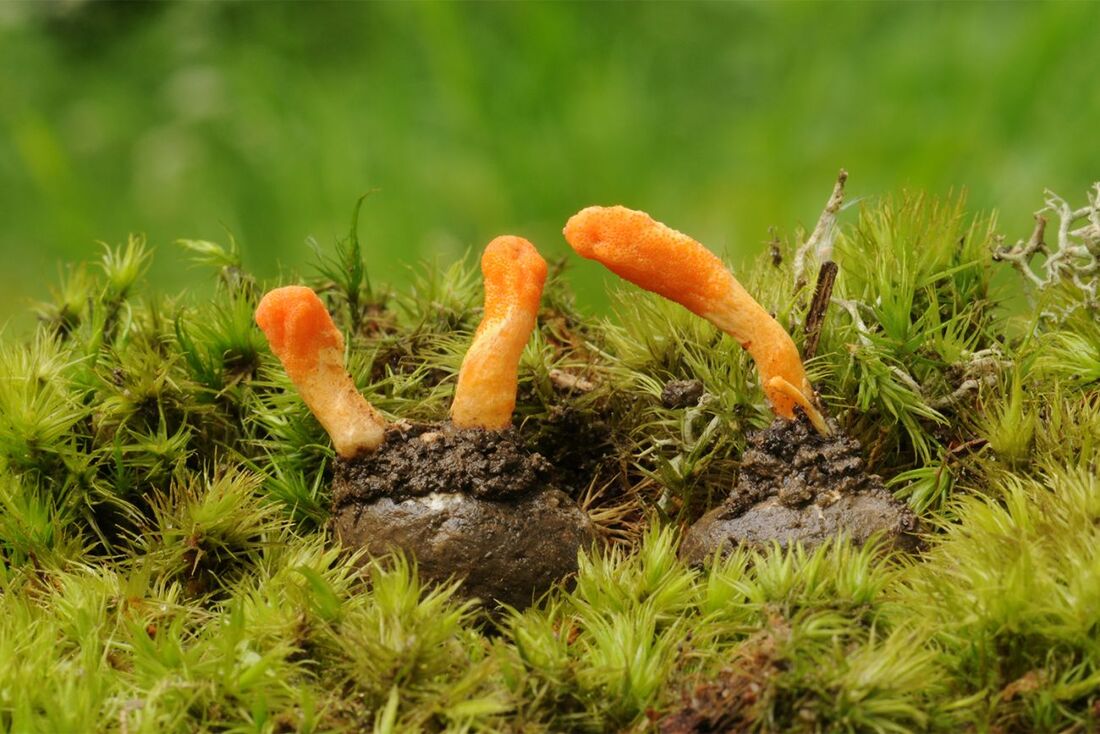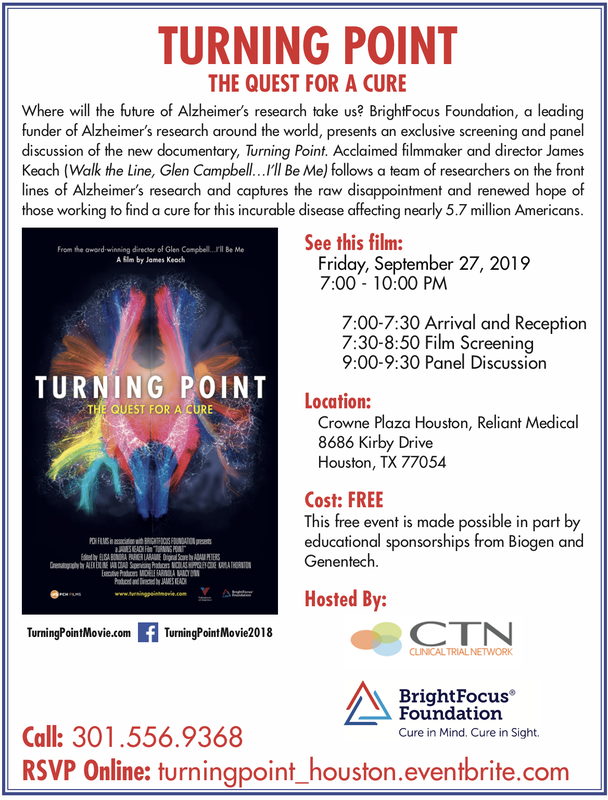|
The popularity of maitake, reishi, turkey tail, and other mushroom supplements has been steadily increasing as more consumers learn of their potential to protect and improve cardiovascular and immune health, deter aging, boost sexual function, support brain function, and help manage stress. Shoppers have many products to choose from, which may appear to be similar. However, there are distinct differences in types of commercial products that are worth investigation.
Mushroom Anatomy A mushroom begins its life as mycelia, a network of root-like structures that grow beneath the surface of the growth medium. It then develops a fruiting body, which we know as a mushroom. The mushroom is the reproductive stage just as an apple is the reproductive fruiting body of a tree. Supplements can be produced from either the mycelium or fruiting body (the actual mushroom). Generally, mushroom fruiting bodies are more complex than mycelia with more medicinal properties. Historically, this is the part that has been used as medicine. Technically, only the fruiting body can be called a mushroom, and, according to FDA, supplements from mycelia cannot be labeled as mushrooms. Poria and chaga are unique in that they only occur as a solid hard mass of mycelium, termed a sclerotium. Also, cultured cordyceps is only available as mycelia. Cultivation and ProcessingMushroom CultivationThe growth medium for mushroom cultivation can be grain (usually rice) or a natural native wood substrate, such as oak or birch. Mushrooms grown on wood contain precursors to important metabolites, which are lacking in mycelium grown on grain. Mycelia extracts grown on grain are cheaper to produce. However, they are usually mixed with grain since it is nearly impossible to separate mycelia from the grain substrate. As a result, the mixture of mycelia and grain substrate used as an ingredient naturally contains more starch and less medicinal compounds (beta glucans). The lack of medicinal compounds makes it gram for gram the most expensive product on the market. Mushroom Extracts Mushroom supplements are available as whole mushroom powders or extracts. Mushroom extracts (liquids, tablets, and capsules) are more concentrated than crude mushroom powders. True mushroom extracts are made from the fruiting body, though as mentioned some products are derived from mycelia. Mushrooms can be extracted with hot water or alcohol. Hot water extract is the method of extraction in traditional herbal practice. Most of the active compounds of mushrooms are water-soluble, though some compounds are soluble in alcohol. Both water and alcohol extracts contain medicinally important compounds. This is particularly true for reishi and poria, which should be double-extracted with both hot water and alcohol to obtain the maximum range of beneficial constituents. Check the Label Even though a product label may say “mushroom,” check the Supplement Facts Panel to see if it is actual mushroom or mycelium on grain. It is a requirement for companies to indicate the material used and whether there are other substances present. Some companies may state that the product is a combination of mushrooms and mycelium but may not disclose percentages of each. Since mushrooms are more expensive, they are more likely to be in smaller quantities. In addition, it is very important to check if the product is made from mushroom extract. An extract usually contains a higher concentration of active compounds compared to mushroom powder. The Importance of Medicinal Mushrooms Many people depend on mushrooms to improve and maintain their health. So, it is important to understand the different growing and manufacturing processes. Traditional herbal wisdom and the bulk of scientific research tell us that extracts of mushroom fruiting bodies can be relied on for biologically active constituents and a diverse range of health benefits. Contributor: Ken Babal, CNKen Babal is a clinical nutritionist with over 35 years of experience. He is a consultant to the natural food and supplement industry and has written over 500 articles that have appeared in many popular and professional publications. Ken is author of Mushrooms for Health and Longevity and The Yin-Yang Diet for Balanced Nutrition, Health and Harmony. Visit his website, NutritionMusician.com.
0 Comments
|
Archives
May 2022
|


 RSS Feed
RSS Feed